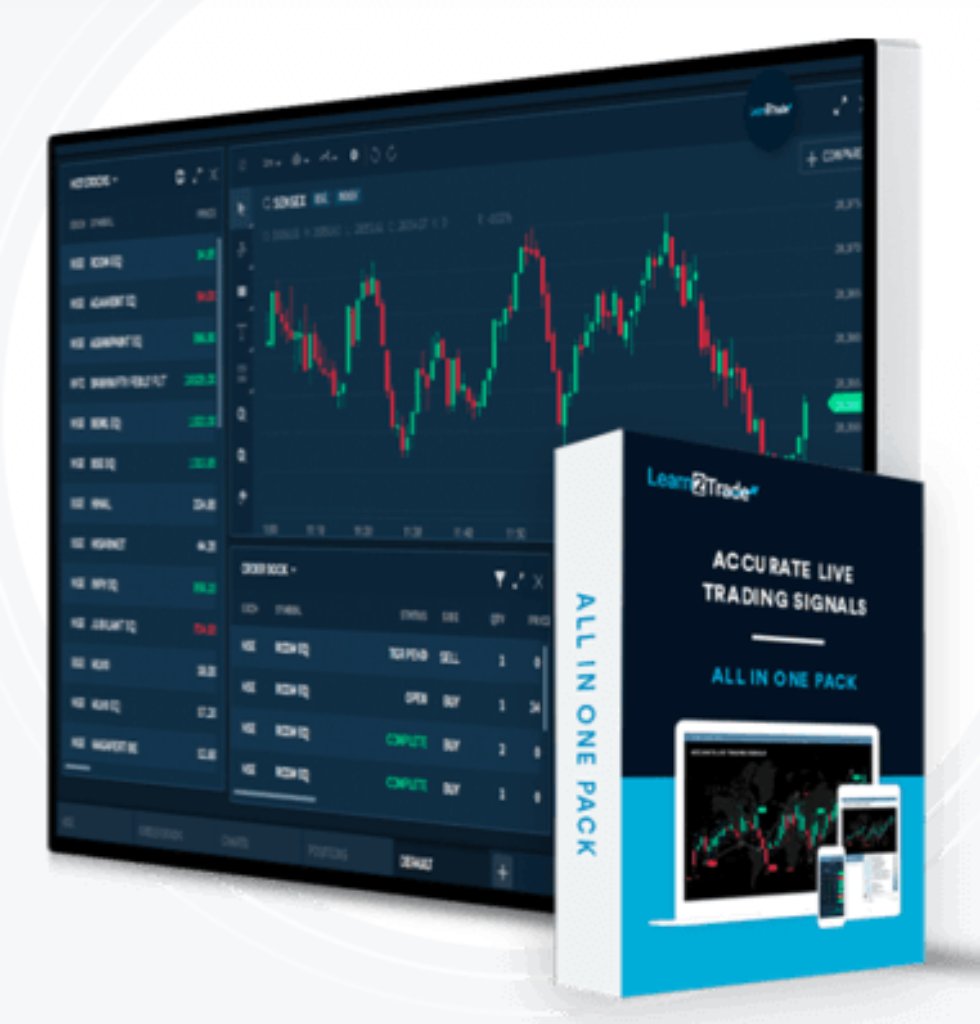Trading signals are tools that help traders spot potential buy or sell opportunities in financial markets like forex, stocks, and crypto. They provide quick, actionable advice based on market analysis, making it easier for traders to make decisions. we’ll explore what trading signals are, how they work, and how to use them effectively.
What Are Trading Signals?
A trading signal is a recommendation to buy or sell a specific asset, like a currency pair or stock, at a certain price and time. Signals can come from experts, software algorithms, or both, and they aim to simplify decision-making.
They’re often based on:
- Technical analysis (like price patterns and charts)
- Economic data (like job reports or interest rate changes)
- Market sentiment (traders’ mood or reactions to news)
How Do Trading Signals Work?
A typical trading signal gives you all the essential details:
- What to trade: Example – EUR/USD
- Action: Buy or sell
- Entry price: Recommended point to enter the trade
- Stop-loss: A level to limit losses if the trade goes wrong
- Take-profit: A price target to close the trade for a profit
Example:
“Buy EUR/USD at 1.0550, target 1.0650, stop-loss at 1.0500.”
Types of Trading Signals
- Manual vs. Automated Signals
- Manual Signals: Created by experienced traders who analyze the market.
- Automated Signals: Generated by algorithms based on pre-set rules.
- Technical vs. Fundamental Signals
- Technical Signals: Use indicators like moving averages and trendlines.
- Fundamental Signals: Based on events like economic reports and earnings.
- Free vs. Paid Signals
- Free Signals: Offered by brokers or communities.
- Paid Signals: Come from professional services with more in-depth analysis.
Why Use Trading Signals?
- Saves Time: No need to spend hours analyzing the market.
- Simplifies Decisions: Good for beginners learning the ropes.
- Reduces Emotion: Helps traders avoid impulsive moves.
- Provides Insights: Some signals come with expert analysis.
Be Aware of the Risks
- False Signals: Not every signal leads to a winning trade.
- Over-Reliance: Relying only on signals can limit learning.
- Lagging Indicators: Some signals may miss real-time shifts.
- Scams: Beware of services with unrealistic profit claims.
Choosing the Right Signal Provider
- Check Reputation: Look for reviews and performance history.
- Ensure Transparency: A good provider explains how signals are created.
- Risk Management: Look for signals that include stop-loss and take-profit levels.
- Test First: Use trial periods or demo accounts to test signals before committing.
How to Use Trading Signals Wisely
- Understand the Market: Signals work best if you have basic market knowledge.
- Manage Risk: Always set stop-losses to avoid big losses.
- Avoid Over-Leveraging: Don’t risk more than you can afford to lose.
- Test on Demo Accounts: Try signals in a practice account first.
- Use Signals as a Guide: Combine them with your own analysis for better results.

Conclusion
Trading signals are useful tools that can help both new and experienced traders make smarter decisions. They save time, provide expert insights, and reduce emotional trading. However, signals are not guarantees—markets are unpredictable, and it’s important to manage risks. By choosing reliable signals and combining them with your own strategies, you can improve your chances of trading success.
With the right balance of knowledge and tools, trading signals can become a valuable part of your trading journey.





